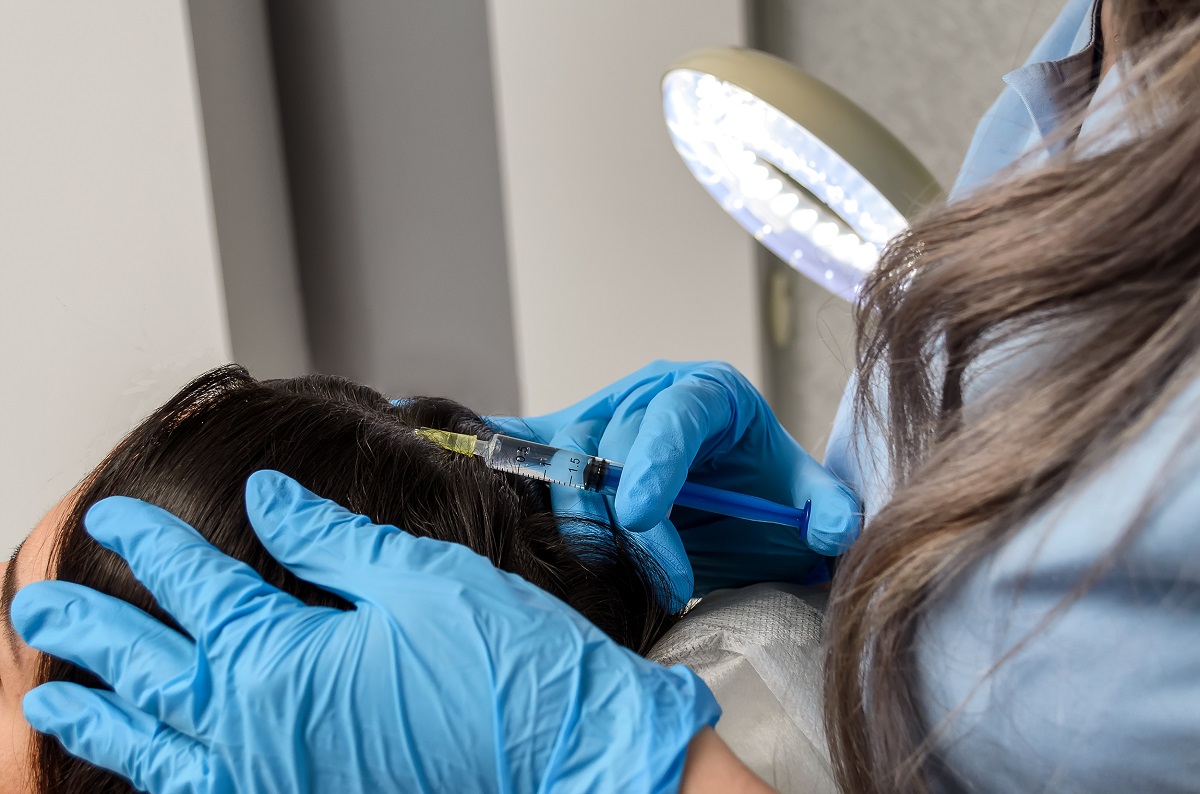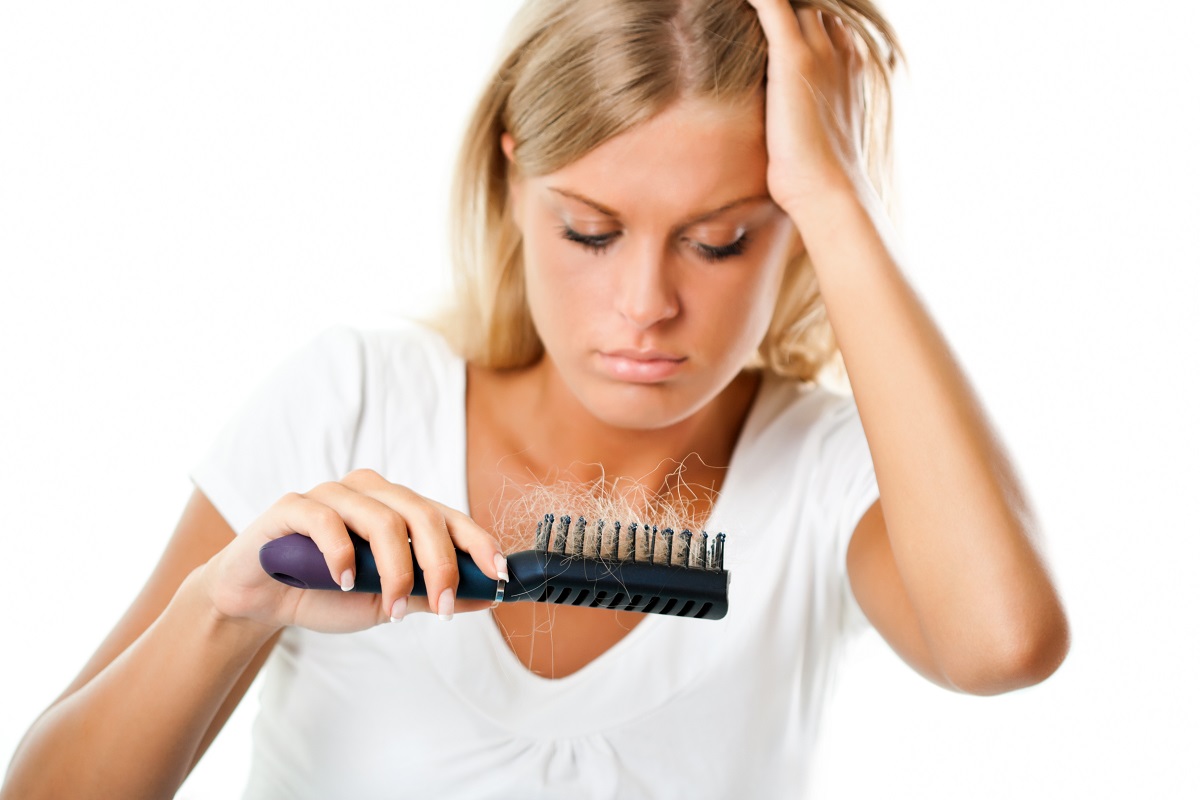People say that your hair is your crowning glory. Most of the time, it seems that women are more elaborate when it comes to hair care. Men often sport a no-fuss air-dry style. But, men start to get alarmed when they see their hair thinning or when they start to have some hair loss.
One of the most common reasons for hair loss for men is androgenic alopecia. This is a common hereditary condition. Men start to see signs of hair thinning or loss by age 35. This will progress as they age. When men start to go bald, it affects their confidence and self-esteem. Thus, it is vital to find ways to prevent or treat this condition. Here are some options available.
Scalp Micropigmentation

A known cosmetic procedure for hair loss is scalp micropigmentation. It is the application of natural pigments that replicate your hair follicles. The use of a specially designed needle makes others think that this is no different from a head tattoo. But, make sure that a trained specialist will do the procedure rather than a tattoo artist. There is a big difference in the results.
People start to get some training in scalp micropigmentation. They see its potential and viability in the market. Most males prefer this hair loss treatment over other options. They favor this procedure because it is non-invasive and delivers very natural results. An experienced practitioner considers even the spacing of follicles and the hair color. This treatment will make you look younger with a fuller hairline. You need 2 to 4 sessions spaced about twenty days apart to get the best results.
Hair Transplant
Hair transplant is a more elaborate hair loss treatment. It uses micro-grafting technology to transfer some of your hair in your bald areas. This is also applicable in areas where there is thinning of hair. There are two techniques to perform the transplant. Your surgeon may either get a strip of scalp skin or will use hair follicles themselves.
For you to get the desired result, you may need to undergo many sessions. As this is a more invasive procedure, you will also need a period for recovery. The most important thing is to tell your doctor your concerns and apprehensions.
Lifestyle Changes
Sometimes, you can make changes in your lifestyle to aid hair growth. For one, you can eat foods rich in iron, omega-3 fatty acids, and high-protein foods. These are foods best for healthy hair.

Learning how to manage stress can also slow down hair loss. You can apply simple techniques such as exercise, meditation, and yoga to help you relax. A good night’s sleep is also advised to reduce levels of stress.
Smoking and hair loss has a positive correlation. If you are still hesitant to quit smoking, the idea of disappearing hair might convince you.
Scalp Massage and Oils
The scalp needs some stimulation for hair follicles to keep growing. Even 4-5 minutes of scalp massage every day can make a difference. You can also apply castor oil as you apply mild pressure to your scalp. It serves as a moisturizer for your hair and helps with the blood flow on your scalp.
Some essential oils can also help to prevent hair loss. Lavender and rosemary can stimulate hair growth. Some swear by lavender oil to address issues of thinning hair. But, do not forget to use a carrier oil for any essential oil that you will choose. Also, a patch test can reveal how your skin reacts to a certain oil. You would not want to be rash and lavish your scalp with oil only to discover that you are allergic.
Check for Other Underlying Conditions
Thinning hair or hair loss is natural as one ages. Most of the time, genetics is the main factor for this condition. But it is best to be aware if there are some health concerns involved with your hair loss. Diabetes, lupus, or thyroid conditions could be causes of hair loss or thinning.
It is best to consult with a healthcare professional if you have other symptoms aside from hair loss. Ruling out other health conditions will give you peace of mind. If you can pinpoint a health issue and address it well, you will also see some improvement in your hair growth.
Hair loss or hair thinning may have adverse effects on how you perceive yourself. But, this should not be the case. There are many treatments available for this condition. They could be innovations by science, a shift in lifestyle, or topical treatments. The best thing to do is to choose what you feel most comfortable in.

